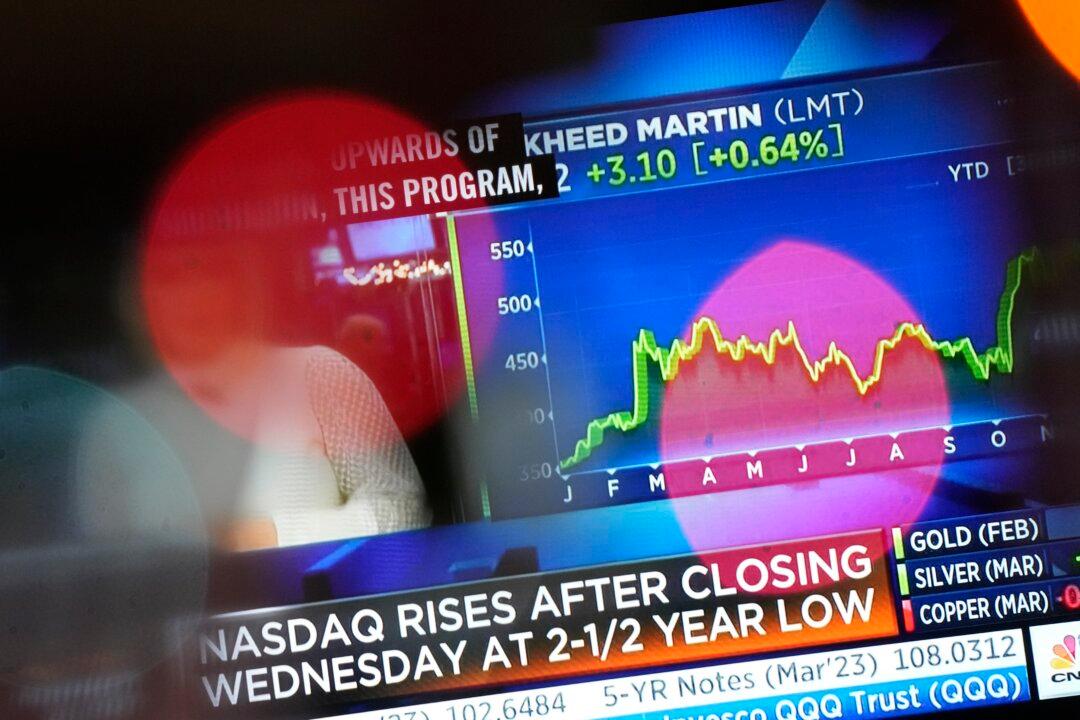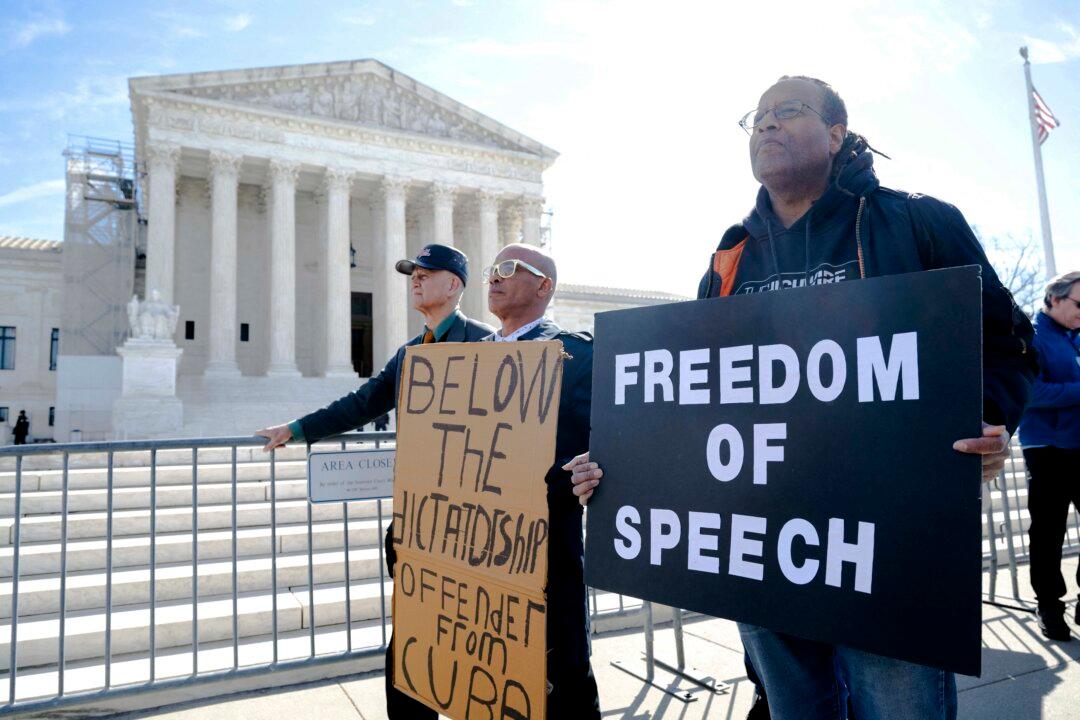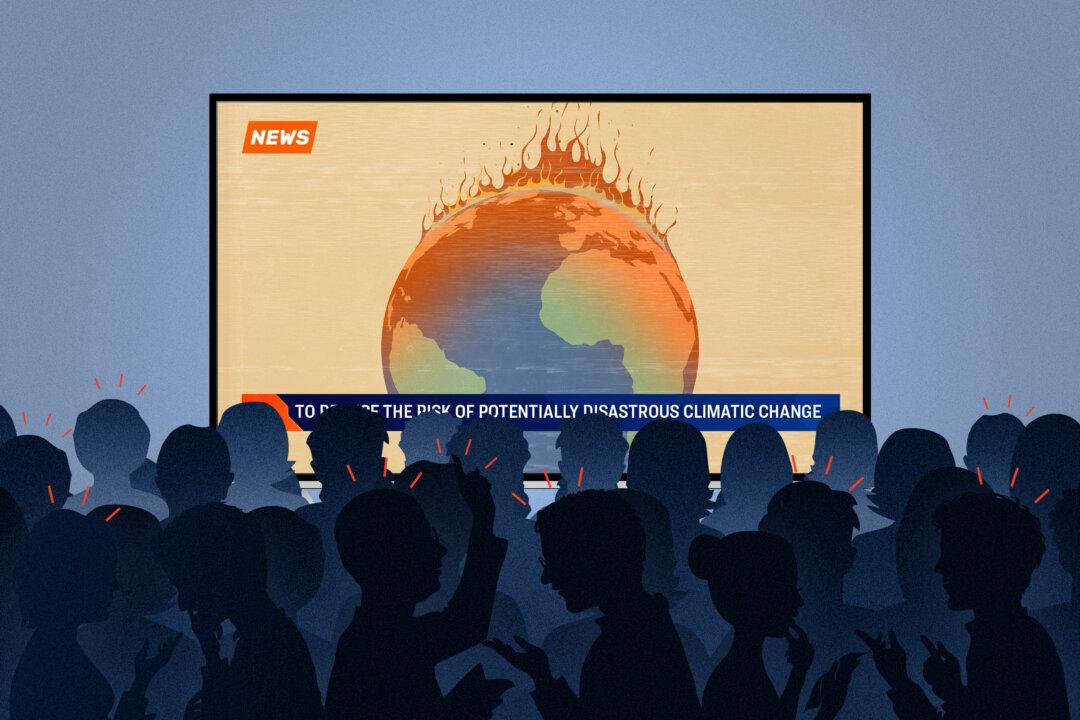Despite alarming messages of high unemployment and a looming devastating recession, economic markers show any recession will be “more mild” than previously thought, Thomas Hogan stated in an interview, which aired on Newsmakers by NTD and The Epoch Times on Jan. 4.
Hogan is currently a senior research faculty at the American Institute for Economic Research (AIER) and was formerly the chief economist for the U.S. Senate Committee on Banking, Housing, and Urban Affairs.





